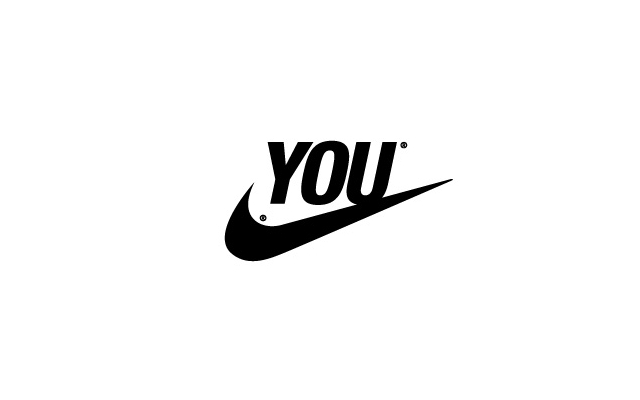
If you Google image search “personal branding”, this pops up. (Credit: OI Global Partners)
On Monday, luxury lifestyle website Amuse published an interview with Petra Cortright, in which she used the term “gentrification” to describe how the internet is now less weird.
“I think the internet is becoming this really gentrified place,” the LA-based digital artist told writer Iona Goulder. “Today’s forms of social media feels more like people’s personal brands. Now it’s just people promoting their shit constantly and it makes stuff on the internet less weird. Everything feels more censored.”
Boosted by the interview’s SEO-driven headline — ”Petra Cortright on the Gentrification of the Internet” — the story circulated through my social feeds this week, eventually provoking a dust-up within some of my internet art circles. Cortright is among the increasing number of artists whose practices were shaped by the surf club era and who have gained bricks-and-mortar gallery representation and Rhizome cataloguing, so an overarching criticism of her statement stemmed from the perceived entitlement of an early internet user. There is an enduring fondness that borders on immaterial fetishization for a time when the internet was this unfettered, non-indexed boon of online amateur cultural production.
Gentrification, obviously, is the wrong term. But it’s worth noting that Cortright isn’t alone in equating the ongoing commodification of the internet to the tiers of access and walled communities now being perpetuated by social network monopolies. Back in 2010, Virginia Heffernan proclaimed in the New York Times that Apple’s app store was akin to a suburb, and we were now witnessing the “death of the open web”. The Village Voice’s Joe Coscarelli rightly checked the shakiness of her extended metaphor, and the“white flightness” perpetuated in her comment about the “urban decentralization” of Myspace. This argument continues to pop up, even though we don’t really analyze the likely source of its original anxiety: print media, at the height of the great recession, trying to hold on by the skin of their teeth to their influence and legitimization within an increasingly distributed content landscape.
So let’s talk about exactly how the internet is less weird. What do we even mean by that? Less amateur? It’s true that there are fewer personal websites and personal blogs now. The perceived freedoms internet artists had on a social network like G+ has seen the #NSFW tag become a form of search censorship on more indexed networks like Tumblr and GIPHY. What we’re really talking about are the problems of a centralized internet, where users lack full control or understanding of how these algorithmic powerhouses sort their plethora of data and rank subject matter.
Furthermore, personal brands? That’s a fair assessment, as well. When I see an artist post photo after photo on Instagram of anything and everything they are creating in their studio — “look at me, I just stretched a canvas, I just go this digital image back from the render farm,” and so on and so forth — I feel like I’m being whacked on the head with the sanctimonious narcissism of their “process”. (I’m sure I have been that person at one point, because I do share most of what I write and create on social networks.) What we are really seeing, then, is the expected professionalization of our internet presences, and artists (not to mention everyone else) are responding to the pressure to shrewdly generate creative content that fuels their “personal brands”.
Maybe that’s what’s “less weird” about the internet: if you want to get on top, you need to embrace “personal brand valuation” to support the work you make. And that’s kind of gross, isn’t it? I’ve said it before, and I’ll say it again: it’s ego fascism. That, to me, is what is killing the weirdness of the internet.


Comments on this entry are closed.